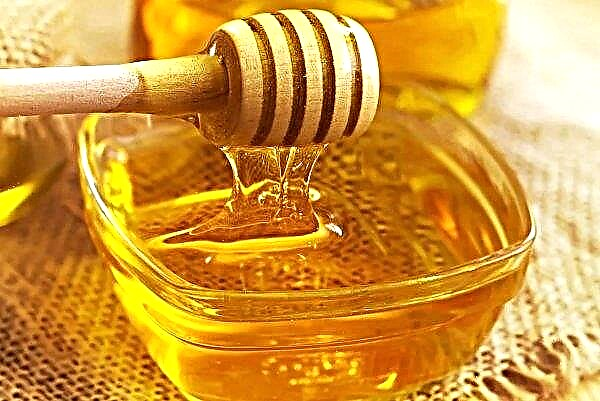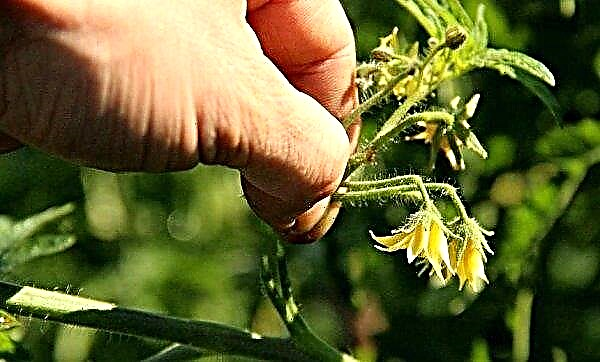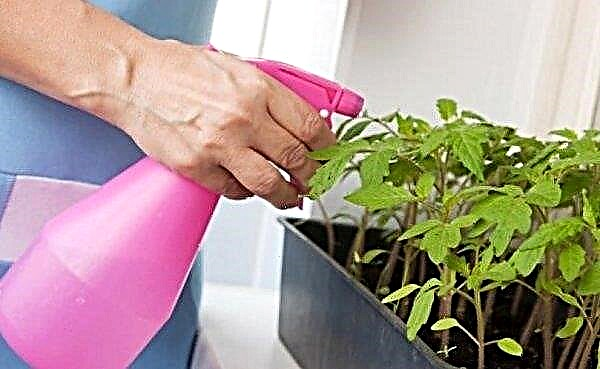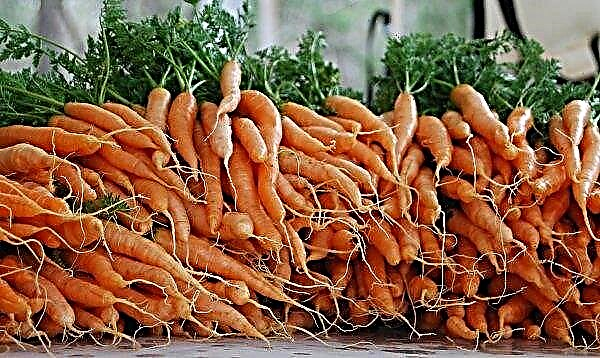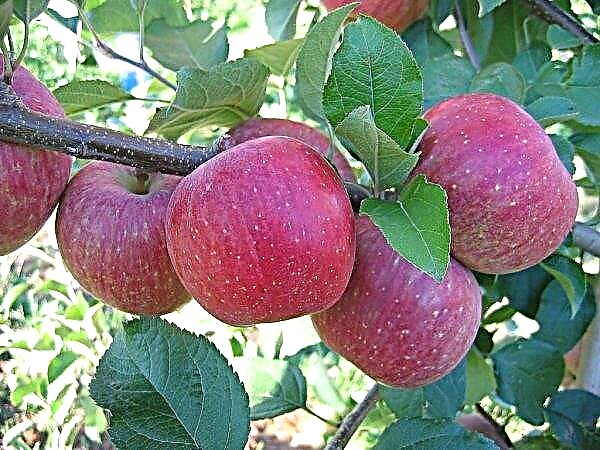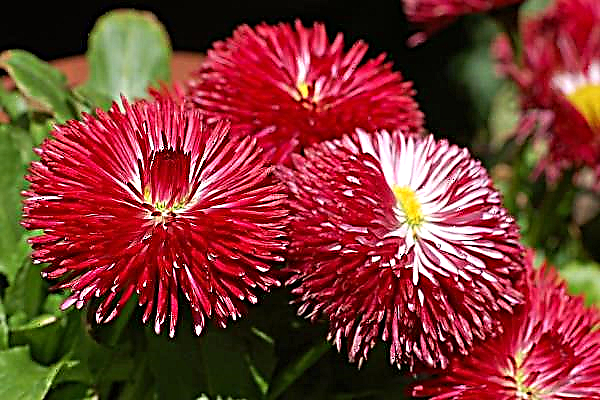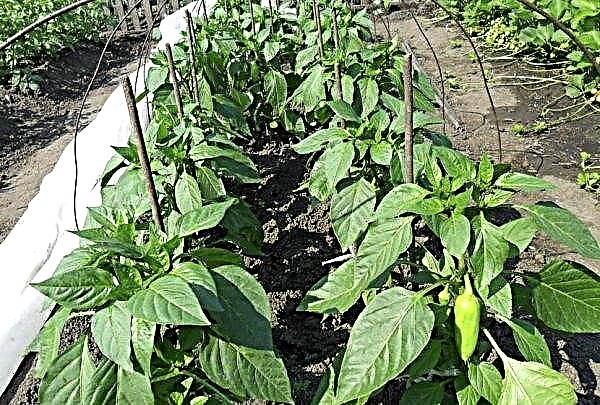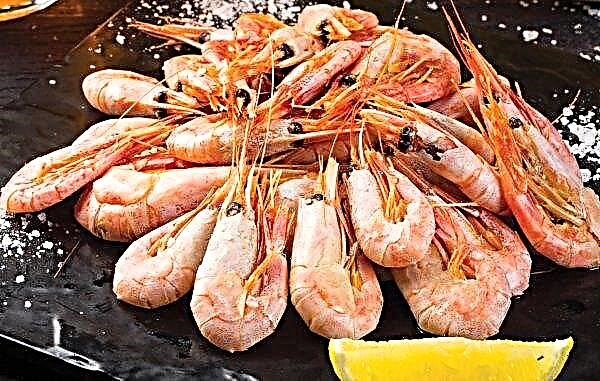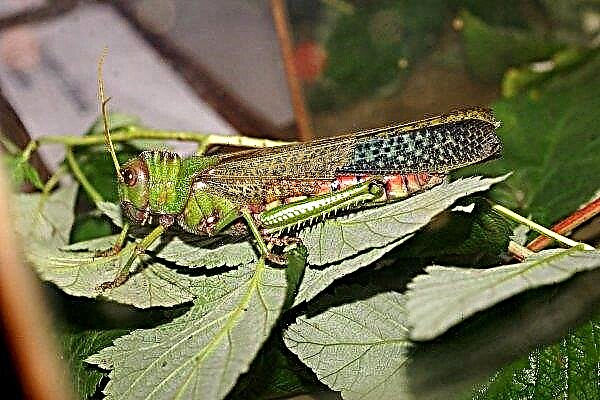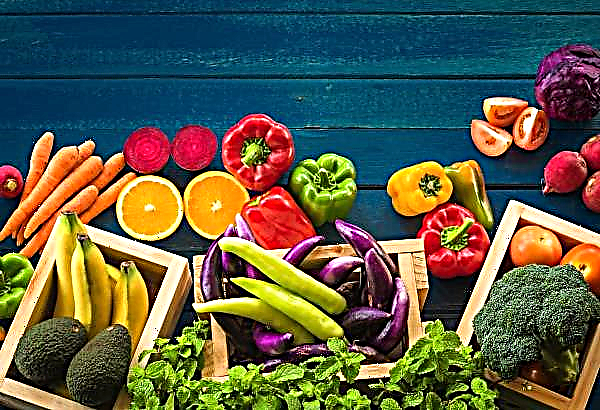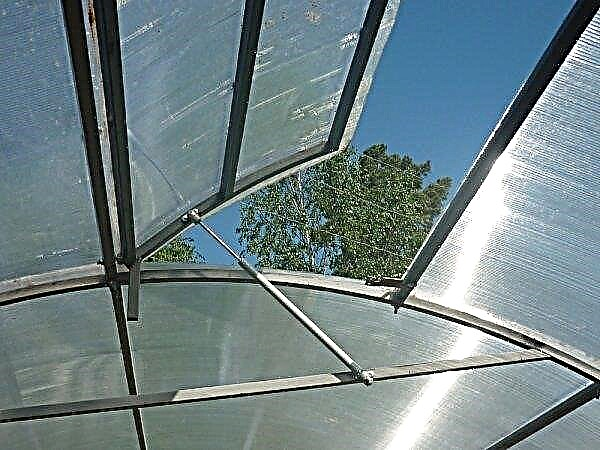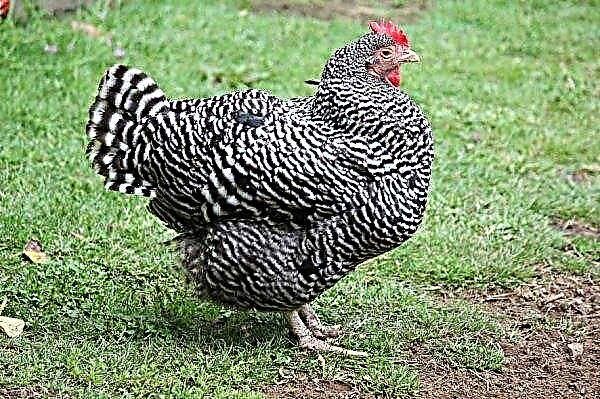Starting next year, the Danish Salling Group wants to see only organic bananas in its stores. Using this pesticide can be harmful to the development of embryos and children.
From the beginning of next year, Salling Group stores will sell only organic bananas. This change is intended to reduce the risks associated with the presence of chlorpyrifos and chlorpyrifos methyl.
In August 2019, the Salling Group announced that it wants to stop using chlorpyrifos, as it could potentially harm the fetus and development of the child. Since then, this Danish retail group has been working with its suppliers to stop the use of this substance.
The Salling group cannot be sure that ordinary bananas do not contain any trace of this controversial chemical. For this reason, in 2020, the Salling Group will completely switch to organic bananas.
 Most bananas are produced in India.
Most bananas are produced in India.
Direct speech: “The European Food Safety Authority has concluded that chlorpyrifos is unsafe. It can even be harmful to your health. Therefore, we had to act. Only organic bananas are guaranteed to be free of this substance. That's why we chose this solution, ”says Salling Group's managing director.
Direct speech: “Farmers could not guarantee that there was no trace of this substance on their bananas. However, we can get this guarantee from organic producers. That is why, starting from the new year, we will exclusively offer these types of bananas to our customers, ”comments Anette Uhler Kier, vice president of public relations, communications and corporate social responsibility at Salling Group.
- Described as a “banana on steroids,” the enset (Ensete ventricosum), also known as Ethiopian banana, Abyssinian banana, or false banana, is a species of flowering plant in the banana family.
- Non-waste production: in Peru, learned to make plates of banana leaves.
- Growing bananas in Israel is an important part of the country's agricultural sector, but faces the threat of total destruction.
- In Kashiwazaki, Niigata Prefecture, Japan, entrepreneurs began using the waste heat from their incinerator to grow bananas.
- Producers who were severely affected by the accident at the Fukushima nuclear power plant in 2011, first gathered a batch of high-quality bananas and expect them to restore agricultural production in the city.

